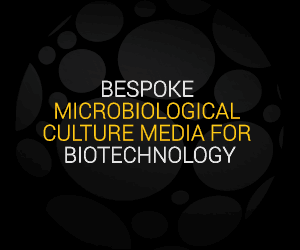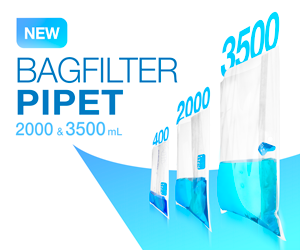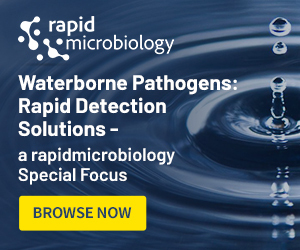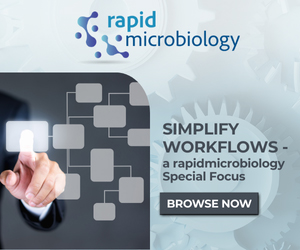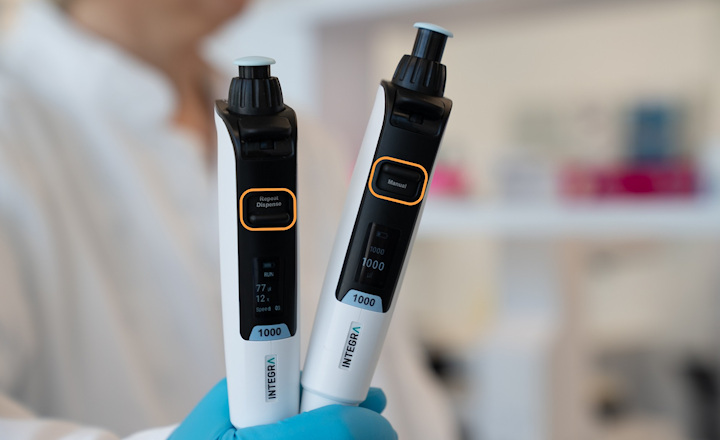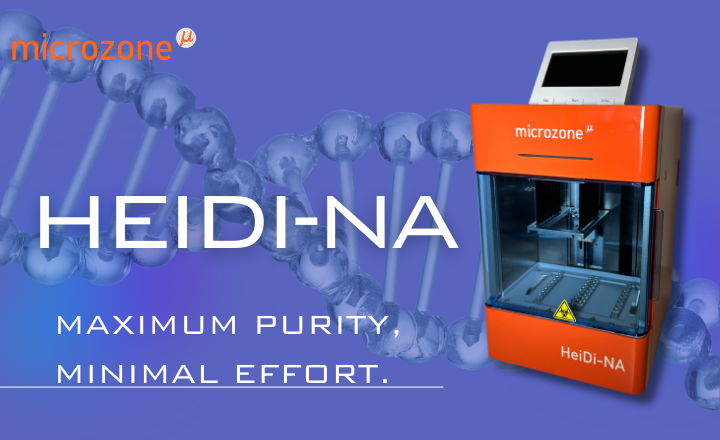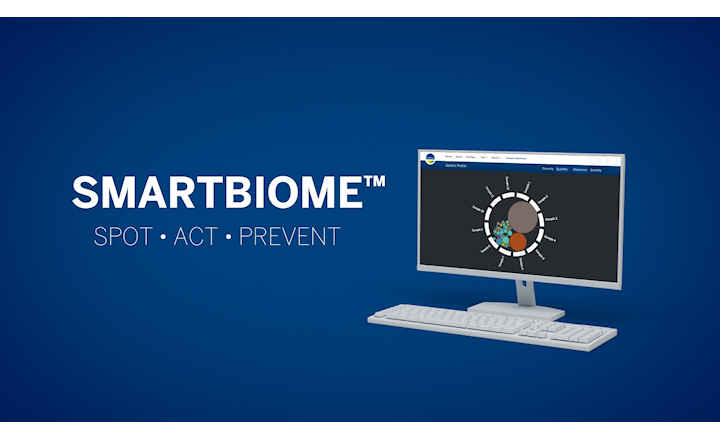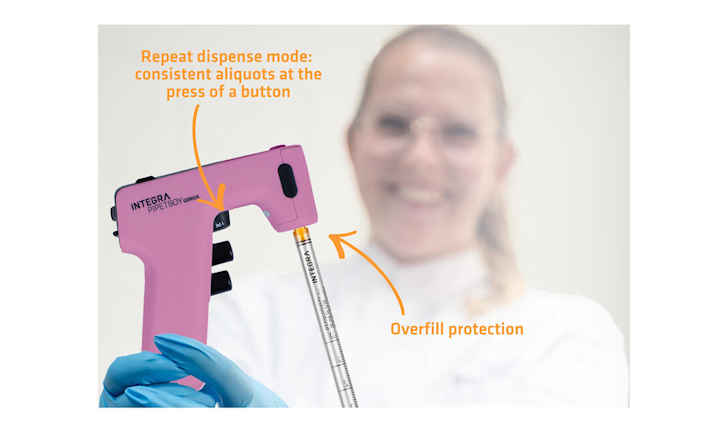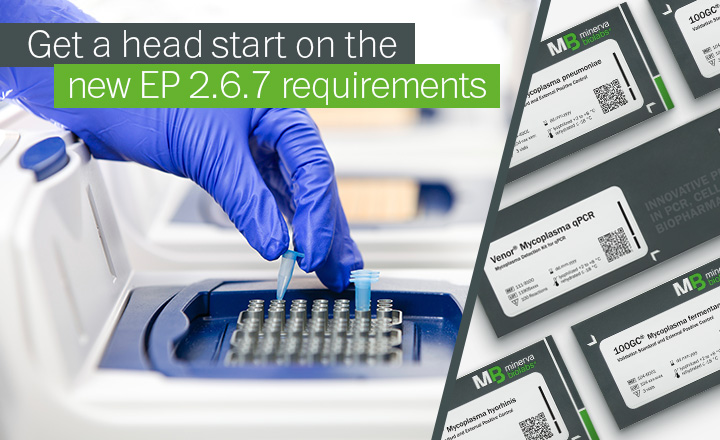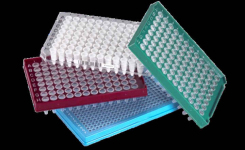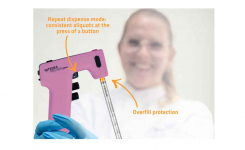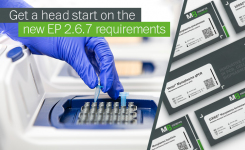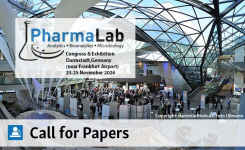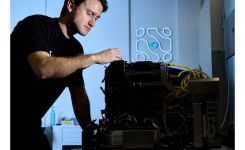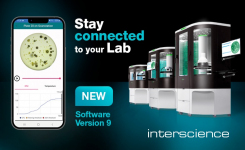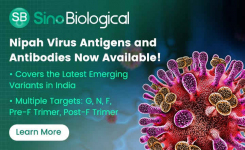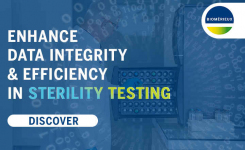Hamilton Company and Enable Biosciences have collaborated to provide fully automated processing of up to 96 liquid biopsy samples at one time using a novel ultra-sensitive and highly specific immunoassay in a hands-free workflow. The immunoassay, currently available for research applications in Type I diabetes, Lyme disease, allergy and HIV testing, is intended to support development of early stage treatment interventions to improve patient health and quality of life with reduced disease-related complications.
“Hamilton’s STAR platform has proven to be a perfect fit for Enable’s multi-award winning assay chemistry developed with the support of the National Institutes of Health and the National Science Foundation and extensively validated with the leading diabetes institutes, our Ivy League academic partners and others,” explained Enable Biosciences CEO David Seftel, M.D. “Researchers around the world now have a best-in-class early and accurate antibody detection solution, with clinical testing services to be available shortly on the Hamilton machines at our soon-to-be certified CLIA reference laboratory in South San Francisco.”
The qPCR-based assay technology developed by Enable Biosciences, known as Antibody Detection by Agglutination PCR (ADAP), uses synthetic antigen-DNA conjugates to detect the presence of antibodies in liquid biopsy samples with 1,000-10,000-fold greater analytical sensitivity compared to other single and multiplex assay technologies. As the assay uses very small sample volumes of approximately one microliter, sample collection processes may be less disruptive for patients, and a two-step verification process resists potentially interfering contaminants in the body fluid sample.
Hamilton’s Microlab® STAR™ automated workstation is available pre-configured and qualified to work with the Type I diabetes ADAP assay, with the additional chemistry workflows to follow shortly. By automating the ADAP assay workflows on the Microlab STAR, sample throughput is significantly increased; and active labor time, along with risks of error and variability, are virtually eliminated compared to manual methods. User-friendly software guides operators of any skill level through assay setup and processing, while automated barcode verification ensures sample tracking and proper reagent and consumable placement. When used with Hamilton’s wide range of pipette tips, patented Compressed O-Ring Expansion (CO-RE®) technology creates a tight seal to support highly accurate and consistent results.
The Microlab STAR optimized for the ADAP assay technology will be co-promoted by Hamilton and Enable Biosciences, and a single, localized point of contact will enable researchers to seamlessly integrate the automated workflow into their laboratory, while leveraging the respective expertise and services of each Company.


